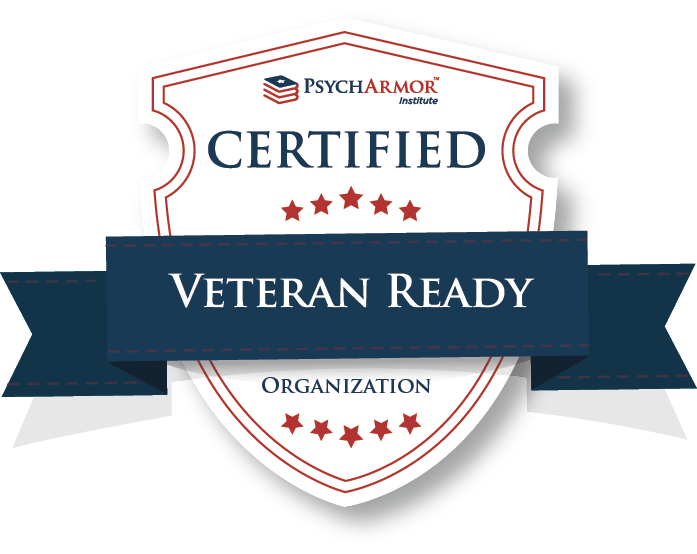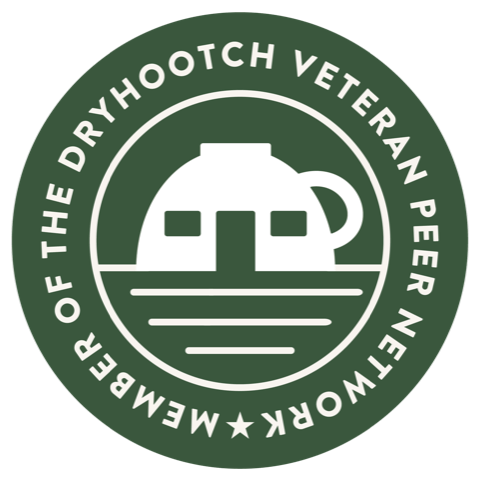A study commissioned by the Military Officers Association of America (MOAA) and the United Health Foundation, determined that there is a preparedness gap as it relates to community-based mental health providers being able to take care of the special needs of military veterans and their families. Veterans Recovery Resources is poised to bridge the gap.
According to the National Institute of Health, military service members and veterans face health issues much differently than civilians. The stressors of combat, combined with being separated from their families, can put many service members and veterans at risk for mental health problems. These include anxiety, post-traumatic stress disorder (PTSD), substance abuse and depression that, in extreme cases, can lead to suicide. In 2014, a study commissioned by the Military Officers Association of America (MOAA) and the United Health Foundation, determined that there is a preparedness gap as it relates to community-based mental health providers being able to take care of the special needs of military veterans and their families.
Veterans Recovery Resources, established by veterans for veterans, is creating a leading-edge, concurrent clinical approach to veteran recovery and dual diagnosis. Its professionals will have both the military cultural competency and use of evidence-based approaches to treat the problems commonly seen among veterans, thus overcoming the gaps outlined in the recent study by the RAND Corporation.
“Programs like Veterans Recovery Resources are critical if we are going to serve our veterans well,” said Joseph Currier, Assistant Professor and Director for the Combined-Integrated Doctoral Program in Clinical/Counseling Psychology at the University of South Alabama. “Combining a deep understanding of military culture along with evidence-based practices will be a distinctive priority of Veterans Recovery Resources.”





Leave A Comment
You must be logged in to post a comment.